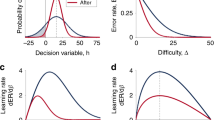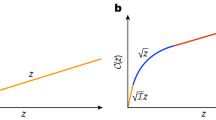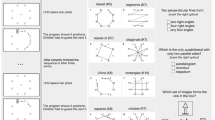Abstract
IN connection with the present discussion on the teaching of elementary mathematics in schools, and the recommendation made by many experienced teachers that much use should be made in geometry—at any rate in the earlier stages of actual measurements of lengths of lines, may I suggest that such measurements should always be made in centimetres? A handy steel rule, six inches long, graduated both in inches and tenths, and in centimetres and millimetres, can be bought for a few pence, and is easily carried in that almost omnivorous receptacle—the pocket of a schoolboy. The use of such a rule would beget familiarity with the metric scale, in itself an advantage for any boy whose education includes some knowledge of elementary physics. But more—the schools of the country would soon be sending out each year a body of educated men acquainted more or less with the advantages of the metric system, and their influence can scarcely fail to be helpful in hastening the general adoption of the metric system—a change so much to be desired both in education and in practical life.
This is a preview of subscription content, access via your institution
Access options
Subscribe to this journal
Receive 51 print issues and online access
$199.00 per year
only $3.90 per issue
Buy this article
- Purchase on Springer Link
- Instant access to full article PDF
Prices may be subject to local taxes which are calculated during checkout
Similar content being viewed by others
Author information
Authors and Affiliations
Rights and permissions
About this article
Cite this article
YEO, J. Elementary School Mathematics. Nature 65, 318–319 (1902). https://doi.org/10.1038/065318e0
Issue Date:
DOI: https://doi.org/10.1038/065318e0
Comments
By submitting a comment you agree to abide by our Terms and Community Guidelines. If you find something abusive or that does not comply with our terms or guidelines please flag it as inappropriate.



